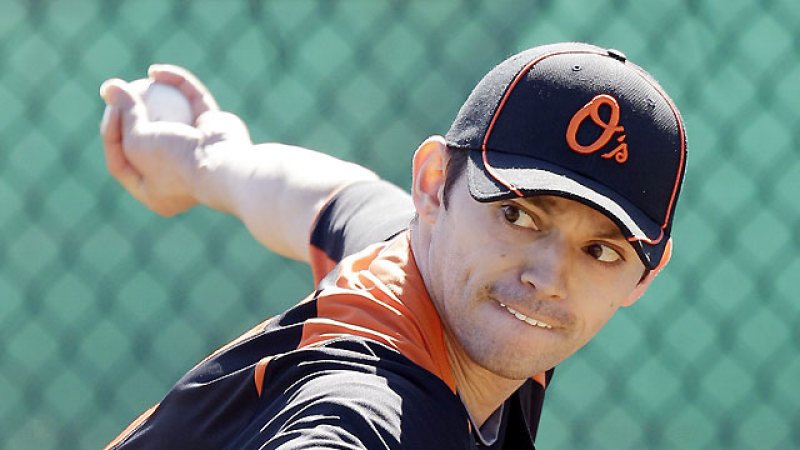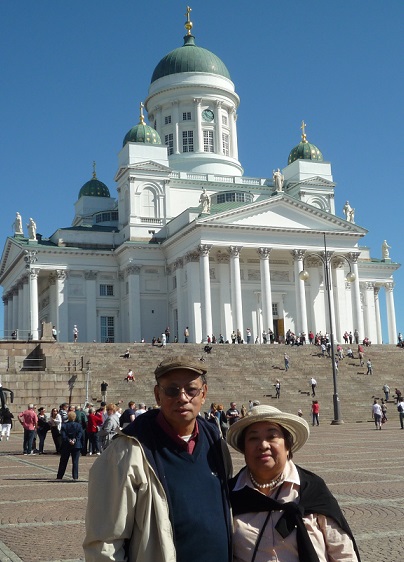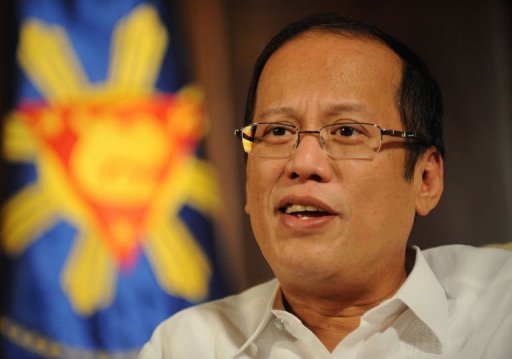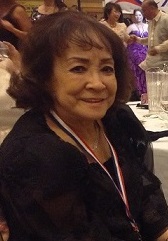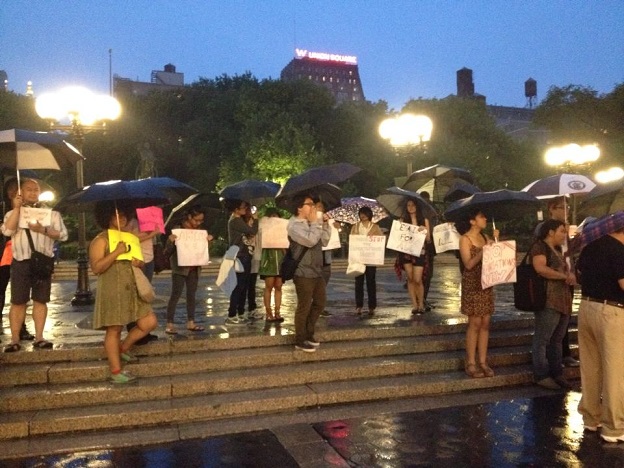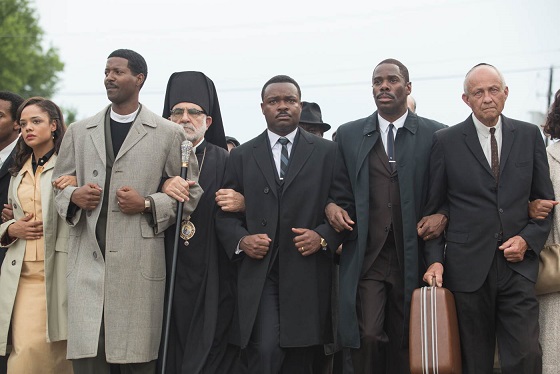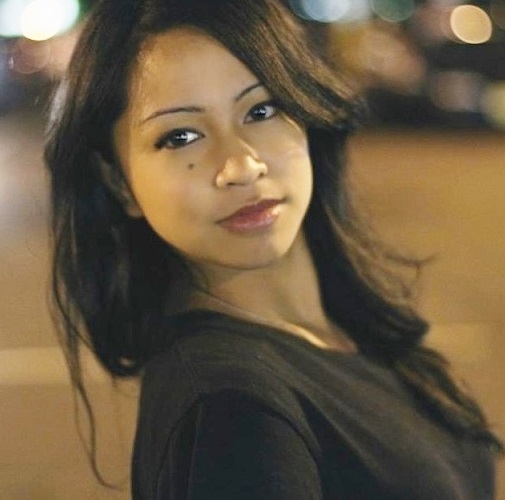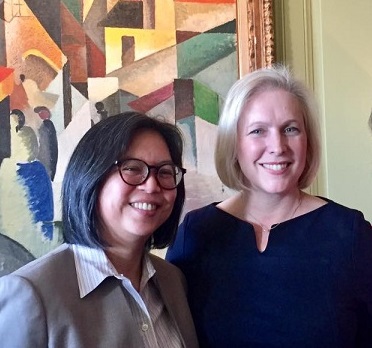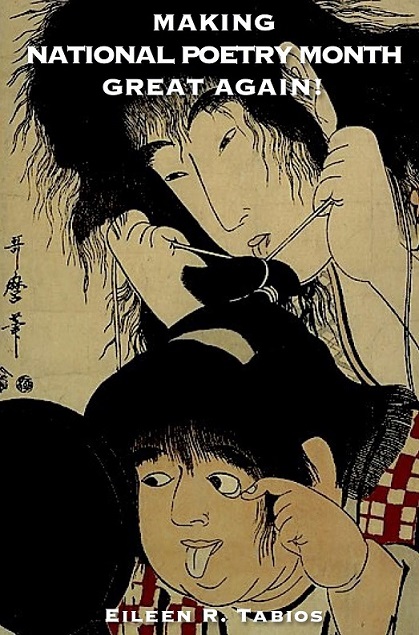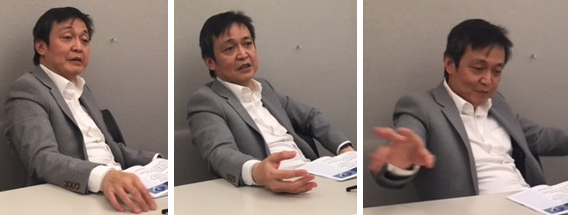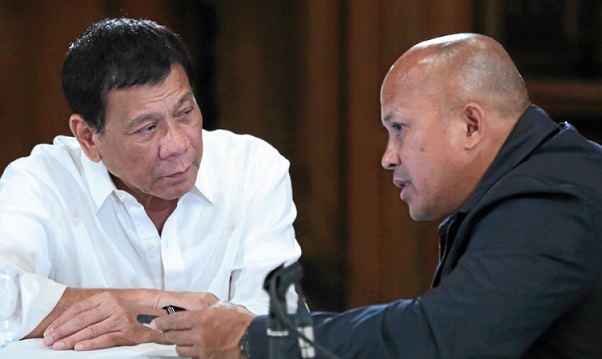Duterte is 1st Asian leader to face charges at ICC; ‘inner circle’ also liable
By Rene PastorPresident Rodrigo Duterte is the first Asian leader to face possible charges of crimes against humanity before the International Criminal Court (ICC), according to international lawyer Ruben Carranza. He said officials in Duterte’s inner circle may also face charges for the murders committed under his brutal drug war.
Carranza, the senior staff director of the Reparative Justice Program of the International Center for Transitional Justice (ICTJ), said officials “who incite the commission of crimes against humanity” may be just as liable as Duterte in an investigation by the ICC that is in its early stages. He spoke before a Kapihan forum organized by the Fil-Am Press Club of New York.
In the event that Duterte dies while he is under investigation, Carranza said the process will continue. If found guilty and there is nobody to put behind bars, his assets may be frozen.
ICC Prosecutor Fatou Bensouda has opened a “preliminary examination” into the rash of drug killings in the Philippines. Bensouda said a preliminary examination is not yet an investigation but a process of determining whether “there is a reasonable basis to proceed with an investigation.”
Carranza did not say directly which officials are likely to face legal jeopardy, but said officials who may also be liable are those “who ought to protect human rights.”
The Philippine police admit that 4,000 people have been killed in the drug war, but the non-government Human Rights Watch based in New York believes the number is closer to more than 12,000.
“It is not a war on drugs, it is a war on poor people,” said Carranza.
Several officials are ardent supporters of the drug war. One who readily comes to mind would be the current chief of the Philippine National Police, Ronald dela Rosa, known by the moniker ‘Bato.’
Carranza said it is wrong for Duterte to think that withdrawing from the ICC would stop the court from looking into the situation in the Philippines. He cited the case of the African nation Burundi that quit the ICC and yet the investigation into possible crimes against humanity continued.
The Duterte government has signified its intention to withdraw from the Rome Statute, the treaty that created the ICC, because it claimed it is being used as a “political tool against the Philippines.” Spokesperson Harry Roque and presidential legal counsel Salvador Panelo have argued the court lacks jurisdiction. Manila approved the Rome Statute in 2002, and the Philippine Senate ratified it in 2011. (Roque and Carranza were former classmates at UP Law.)
Duterte also threatened to arrest ICC Prosecutor Fatou Bensouda should she decide to come to the Philippines.
“It is a crime to threaten the ICC prosecutor,” warned Carranza.
There is no reason needed for any of the 123 signatory countries to withdraw from the treaty. A country only has to notify the U.N. Secretary General it is leaving, he said. The withdrawal becomes effective until a year after notice is given to the UN.
On the website of the ICTJ, Carranza is described as working “with victims’ communities and reparations policymakers in Nepal, Timor-Leste, Indonesia, the Philippines, Iraq, Palestine, Liberia, Ghana, South Africa, and Kenya. He also provides advice on issues involving reparations and war crimes tribunals including the Extraordinary Chambers in the Courts of Cambodia (ECCC) and the International Criminal Court (ICC).”
From 2001 to 2004, he was a commissioner of the Presidential Commission on Good Government that investigated and “successfully recovered” $680 million in ill-gotten assets of the family of Ferdinand Marcos.
Carranza believes Duterte has reason to fear the ICC, which has proven itself a tenacious prosecutor of heads of state who committed abuses against their people or committed war crimes.
“A rational person…will be worried,” he said.
© The FilAm 2018

